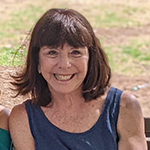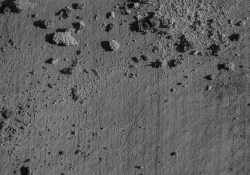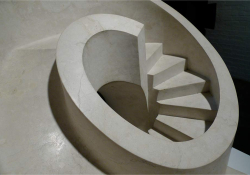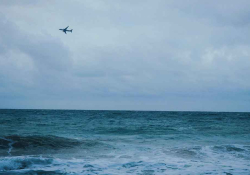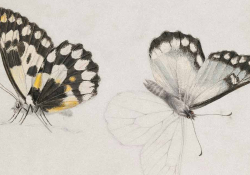Three Poems
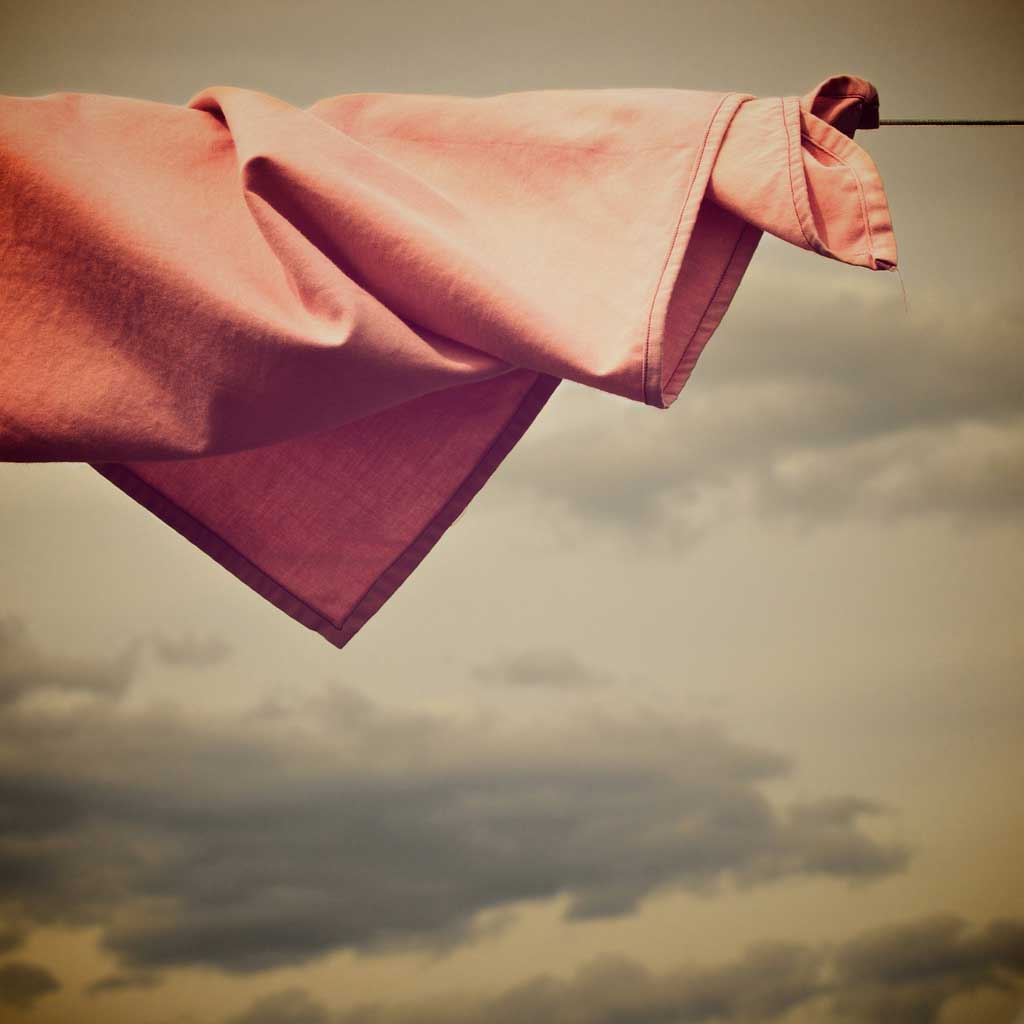
On recent nights
בַּלֵּילוֹת הָאַחֲרוֹנִים
אֲנִי מְחַפֶּשֶׂת אֶת הַבַּיִת שֶׁלִּי
נָעָה אַחֲרָיו בִּשְׁבִילֵי הַיְקוּם
אַרְבָּעִים שְׁנוֹת מִדְבָּר
מְגַשֶּׁשֶׁת בְּיָדַיִם עֵירֻמּוֹת
שָׁרָה לוֹ בְּהוּנְגָרִית
כּוֹתֶבֶת לוֹ בְּעִבְרִית
.בּוֹא, בּוֹא, בּוֹא
On recent nights
I look for my home
wandering after it in the paths of the universe
feeling its way with bare hands
singing to it in Hungarian
calling it in Hebrew
come, come, come.
And what is a house anyway?
וּמַהוּ בִּכְלָל בַּיִת. מִבְנֶה
מֻנָּח עַל יְסוֹדוֹת
.הַגּוּף וּבְרִית הַמִּילָה
אִם גּוּף רִאשׁוֹן
יֹאמַר לְגוּף שֵׁנִי
מִלָּה כְּמוֹ עִזְבִינִי
יִפְעֲרוּ הַסְּדָקִים אֶת לֹעָם
יְמוֹטְטוּ אֶת הַקִּירוֹת
וְהַבַּיִת יֶחְרַב
.עַל יוֹשְׁבָיו
And what is a house anyway?
A structure
standing on foundations
of the body and the covenant of the words.
If first person
says to second person
words like leave me alone
the cracks will open their mouths wide
bring down the walls
and the house will collapse
on its tenants.
Once I spread over me love
פַּעַם פָּרַשְׂתִּי מֵעָלַי אַהֲבָה
.וְעָשִׂיתִי מִמֶּנָּה בַּיִת
אָרַגְתִּי כָּרִית וּשְׂמִיכָה
וּבִשְׁנַת הַתִּינוֹקוֹת
.סָרַגְתִּי כִּלַּת תַּחְרָה
.הָאוֹר נָדַד בֵּין אִישׁוֹנֵי הַדַּיָּרִים
הָיִיתִי הָרוּחַ שֶׁשָּׁרָה בַּוִּילוֹנוֹת
הַחַלּוֹן הַמַּשְׁקִיף אֶל הַנּוֹף
.הַכְּבִיסָה הַתְּלוּיָה לְיִבּוּשׁ
אֶת הָאַהֲבָה קִפַּלְתִּי
פִּנָּה נוֹשֶׁקֶת לְפִנָּה
וְהִנַּחְתִּי בִּזְהִירוּת
.בְּתוֹךְ קִפּוּלֵי הַחֻלְצוֹת
.אֶת כָּל תִּקְווֹתַי אָצַרְתִּי שָׁם
.עָמַדְתִּי בַּפֶּתַח וְחִכִּיתִי
אַחַר כָּךְ הָיְתָה מִלְחָמָה
וּמִכְתָּבִים הִגִּיעוּ
אוֹ לֹא הִגִּיעוּ
.עָמַדְתִּי בַּפֶּתַח וְחִכִּיתִי
זֶה הָיָה הַחֹרֶף הָאָרֹךְ בְּיוֹתֵר
זֶה הָיָה הַחֹרֶף הַקַּר בְּיוֹתֵר
אַחַר כָּךְ לֹא הִגִּיעוּ מִכְתָּבִים
.עָמַדְתִּי בַּפֶּתַח וְחִכִּיתִי
וְאַתָּה לֹא חָזַרְתָּ
אַחַר כָּךְ חָזַרְתָּ כְּאִלּוּ לֹא חָזַרְתָּ
.עָמַדְתִּי בַּפֶּתַח וְחִכִּיתִי
Once I spread over me love
and made a house out of it.
I wove a pillow and a blanket
and in the time of the babies
I knit a lace canopy.
The light wandered between the eyes of the occupants.
I was the wind that sang in the curtains
the window that looked out to the landscape
the wash hung to dry.
I folded the love
corner to corner
and carefully placed it
within the folds of the shirts.
I stored all my hopes there.
I was standing at the opening and waiting.
Later there was war
and letters arrived
or didn’t arrive
I was standing at the opening and waiting.
It was the longest winter
it was the coldest winter
later letters didn’t arrive
I was standing at the opening and waiting.
And you didn’t return
later you returned as if you didn’t return
I was standing at the opening and waiting.
Translations from the Hebrew
By Linda Stern Zisquit
Editorial note: From The Return of the House and Its Wanderings.

